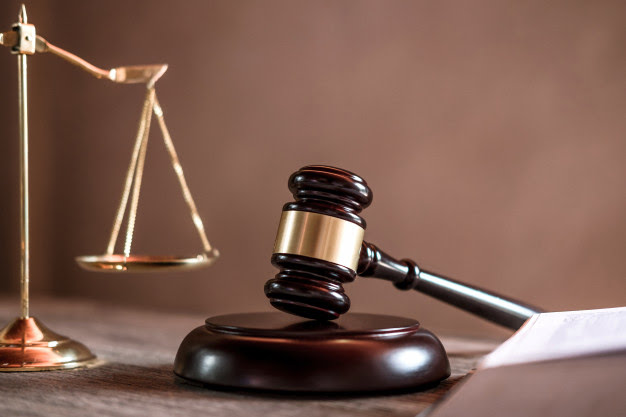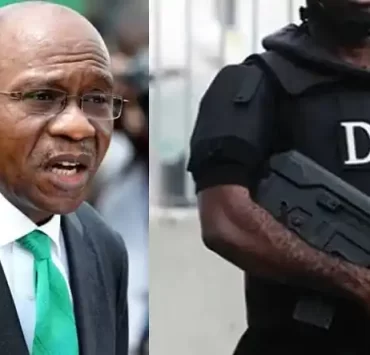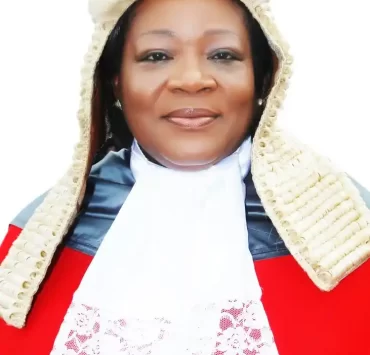Court upholds Adoke’s codefendant objection in the ongoing Money Laundering trial

Lawyard is a legal media and services platform that provides…
The Abuja Division of the Federal High Court has upheld the objection of Aliyu Abubakar, a codefendant in the ongoing money laundering trial of former Attorney General of the Federation(AGF), Mohammed Adoke.
Justice Inyang Ekwo, in a ruling after the trial-within-trial, held that the extrajudicial statements made by Abubakar were obtained under duress and in breach of the law.
Justice Ekwo held that the statements were obtained by intimidation, inducement, harassment and in a hostile environment — and, therefore, “inadmissible.”
An oil mogul had alleged that the extrajudicial statements obtained from him by the Economic and Financial Crimes Commission during the investigation were not made voluntarily.
The defendant alleged that an EFCC prosecutor asked him on December 31, 2019, to claim that he gave Mr Adoke $20 million and former President Goodluck Jonathan $50 million “so that I would not be detained into the new year.”
He said he was then forced to sign a prepared statement with the threat that he would be detained on the orders of the then EFCC chair Ibrahim Magu if he did not cooperate with the anti-graft agency, among other allegations.
But the anti-corruption agency denied all the allegations, urging the court to dismiss the objection of Mr Abubakar’s counsel and admit the statements tender in evidence.
Justice Ekwo, after that, ordered a trial-within-trial to find out what truly transpired.
Ruling on Monday on the suit marked: FHC/ABJ/CR/39/2017, the judge rejected the statements and ruled that the EFCC cannot rely on them for prosecution.
He ruled that although the statement made on August 6, 2015, was by Mr Abubakar, he was not pre-cautioned, which breached his fundamental human rights.
“The presence of six EFCC officers in the interrogation room was a clear act of intimidation,” he said.
He said the statement was not made voluntarily and cannot be admitted. The judge also held that it was clear on the evidence that the interrogation of Mr Abubakar by six officers on November 30, 2015, was hostile and could not be admitted as evidence.
Justice Ekwo adjourned the matter until July 18 for trial continuation.
The EFCC had, on August 4, 2020, arraigned Messrs Adoke and Abubakar as the first and second defendants, respectively. The agency alleged that Mr Adoke made a cash payment of $2,267,400 to Unity Bank in 2013 in contravention of money laundering laws.
Mr Adoke, in his memoir, said Mr Abubakar had in 2011 offered him a property for N500 million, of which Unity Bank provided a mortgage of N300 million, which was then equal to about $2.2 million. He said when he could not raise funds to pay his equity contribution of N200 million, Mr Abubakar refunded the mortgage to the bank, repossessed the property and sold it to the Central Bank of Nigeria in 2013.
However, EFCC’s star witness in the trial, Rislanudeen Mohammed, who was the acting MD of Unity Bank when Mr Abubakar refunded the mortgage in 2013, told the court that there was no money laundering involved in the transaction, insisting that it was “transparent and legitimate.”
Lawyard is a legal media and services platform that provides enlightenment and access to legal services to members of the public (individuals and businesses) while also availing lawyers of needed information on new trends and resources in various areas of practice.













